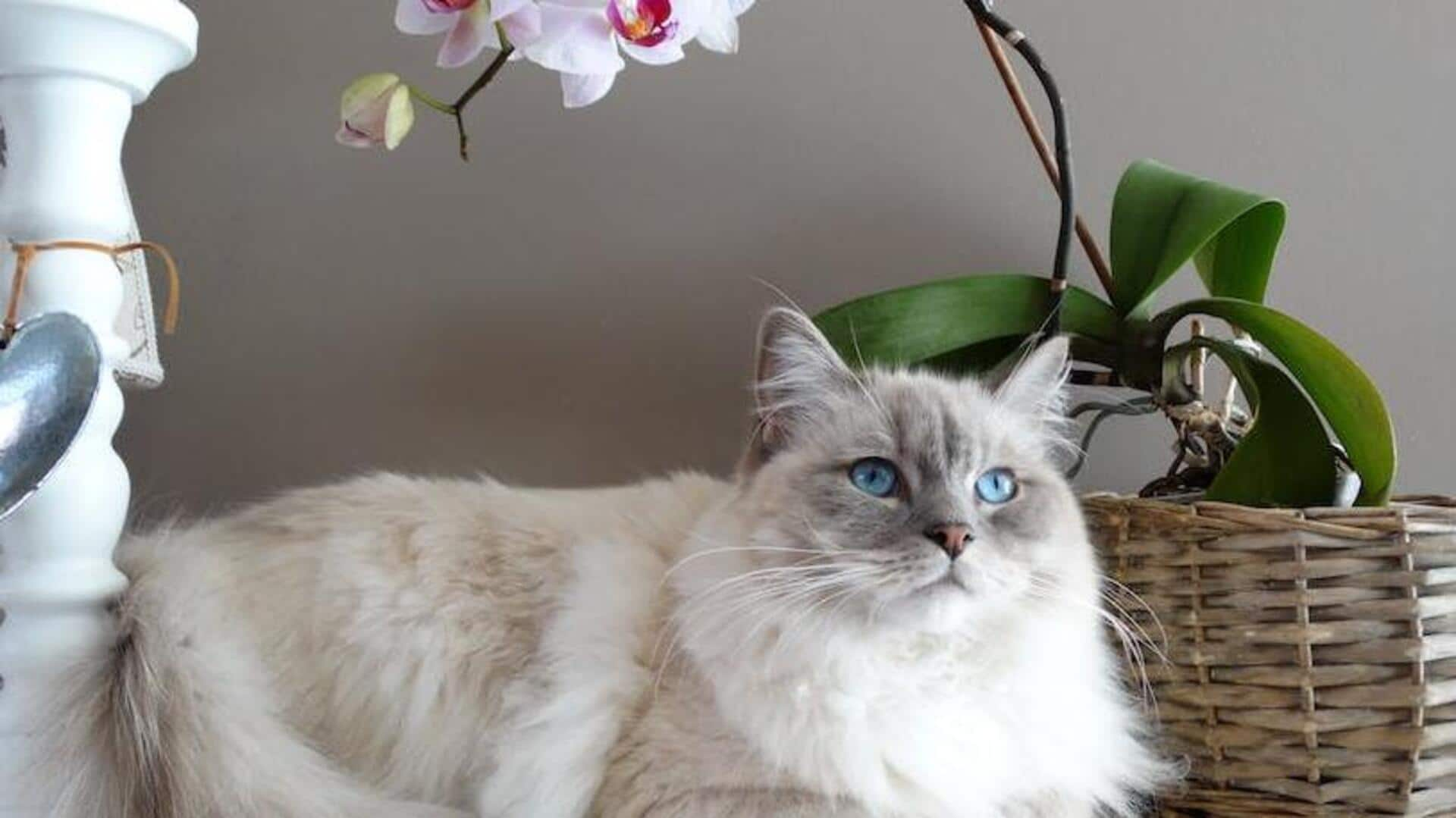
Is your cat getting old? Look for these signs
What's the story
Cats, with their enigmatic charm and independent spirits, become cherished companions for life. As the years pass, they transition from playful kittens into wise and beloved pets. Just like humans, cats also age which brings about a unique set of changes that require our attention and care. To provide the best care for your aging feline friends, watch out for these signs.
Sign 1
Decreased mobility
The ability of felines to move around, leap, play, and engage in what may have been typical levels of activity slow down in aged cats. However, their natural agility can also slow down due to arthritis. This can be treated with vitamins or medications though. Generally, as cats age, they lose their natural mobility, motility, and activity level.
Sign 2
Changes in fur
Gray, silver, or white hairs around your cat's face are a sign that your pet is aging. Your cat may gradually start to lose the color of its brown, black, white, or orange coat as they age because the pigment cells that give those colors to their hair follicles stop producing them. Cats may also develop a thin coat due to genetic hair loss.
Sign 3
Changes in temperament
Senior cats often deal with temperament issues. It's a sign of aging if they act crankier than usual. Older cats frequently get hyperthyroidism, a disorder brought on by an overactive thyroid gland. Previously docile cats may become hostile or disturbed due to this illness. A blood test is required to identify hyperthyroidism. The condition can be treated with medication, so consult a vet.
Sign 4
Change in appetite
A decline in appetite is one of the first indications that your cat is getting older. Older cats don't need as many calories or as much food as younger cats do. Provide them with food that is suitable for their age after consulting with your veterinarian. Some cats also tend to have digestion issues and trouble with bowel movements as they age.
Sign 5
Frequent urination
Your cat may be aging if you notice them urinating more frequently or outside of the litterbox. Older cats with chronic kidney disease, hyperthyroidism, and urinary tract infections are known to urinate more frequently. It is crucial to discuss these concerns with your vet so that an accurate diagnosis can be established and treatment can begin right away.